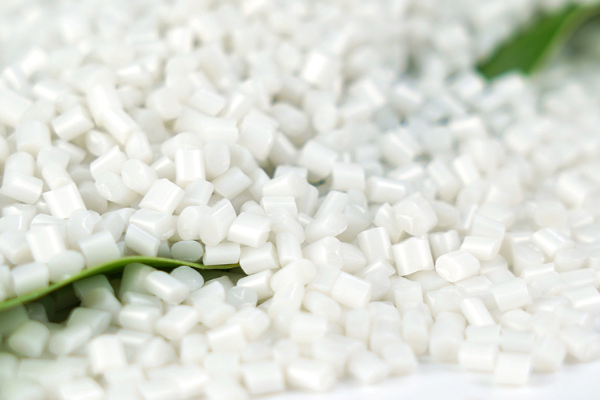Formerra in Distribution Partnership with AFC Ecoplastics
The company now distribute AFC’s certified compostable materials to help packaging meet growing eco-demands
has formed a partnership with to distribute its certified compostable products across the U.S., Canada and Mexico, a collaboration targeting consumer and medical packaging applications with eco-friendly alternatives that meet stringent environmental standards and that consumers prefer.
Formerra will distribute a range of AFC’s compostable resins, compounds and colorants, including PBAT (polybutylene co-adipate co-terephthalate) and PBS (polybutylene succinate) resins. These materials are particularly suited for consumer packaged goods (CPG) applications, both rigid and film, as well as medical packaging and labware, responding to the demand for sustainable alternatives in these sectors. They have also received Health Canada and FDA approvals.
AFC materials are BPI certified and have also received the TÜV OK Compost industrial certification (EN 13432). Materials featuring this label are guaranteed to be biodegradable in an industrial composting plant. Demand for compostable packaging is growing. Regulations such as California’s SB154 are in the works in several states in the U.S. and will require single-use plastics to be either recyclable or compostable within the next several years. Produce bags and bin liners are already under regulation for compostability in California. The partners say they are poised to lead the market in providing viable, sustainable solutions that address regulatory and societal needs.
Related Content
-
How to Optimize Injection Molding of PHA and PHA/PLA Blends
Here are processing guidelines aimed at both getting the PHA resin into the process without degrading it, and reducing residence time at melt temperatures.
-
Polymer Science for Those Who Work With Plastics: Molecular Weight — What It Is and Why It Matters
Molecular weight might seem like an abstract concept, but it plays a crucial role in determining the behavior of plastics during processing and in their final applications.
-
Polymer Science for Those Who Work With Plastics: Why Entanglements — Not Just Molecular Weight — Drive Plastic Performance
Ever try running your fingers through tangled hair? Yeah … that’s not fun, but that’s what happens at the molecular level when polymer chains reach the right length. They wrap around each other, intertwine and … get stuck — and those tangles are the real reason plastics perform the way they do.



